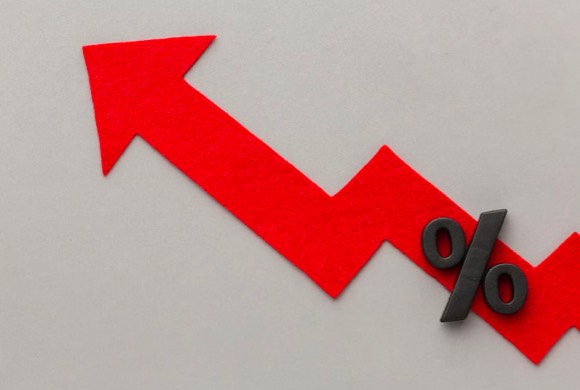
Grocery cost may increase up to RM600 per month
THE minimum grocery expenditure for the lower to middle-income families will cost between RM400 and RM600 per month on the rising prices.

“When we talk about spending, it'll be RM600 on grocery cost per month on average. This is not including the cost of dining out,” Soon told TMR in an interview recently.
“The lowest you can go if you skimp may be about RM400,” he said.
According to him, the item with the highest price increase is cooking oil, with almost 100% hike now than pre-pandemic.
"Some brands which used to sell their 5kg pack for about RM19.90 have their prices rising to RM39," he said, noting that this is due to higher crude palm oil prices, geopolitical issues and Indonesia's recent move to ban palm oil export.
Other items which see significant increase in price include: Canned seafood such as mackerel which saw its prices rising to RM7.90 compared to RM4.90 in 2020 and butter which saw its price increased to RM15 from RM4.90 pre-pandemic.
“As long as the oil prices remain high, these grocery prices will continue to go up, especially for products which materials are sourced from outside (Malaysia),” Soon explained.
“This is something that’s beyond the government’s control. Like dairy, it depends on imported materials.”
Last month, Malay daily Utusan Malaysia reported that the price of basic items in the country will likely see a hike between 50% and 60% starting June following the implementation of the new RM1,500 minimum wage.
The report noted prices of several daily necessities such as poultry and vegetables have increased prior to the Aidilfitri celebration and businesses nationwide have also implemented price hikes on their items.
Universiti Tun Abdul Razak economist Prof Emeritus Dr Barjoyai Bardai said the price hike on basic items such as food would have a ripple effect on restaurants.
Before the new minimum wage came into force, he said the prices of items have increased by 30% due to many factors, among which included high demand as well as the conflict between Ukraine and Russia.
Meanwhile, Soon said that there are two trends that are going to persist in Malaysia until the oil prices stabilise.
One is inflation, which he said is not exclusive only to Malaysia, and another is “shrinkflation”
In essence, it means the brand reduces the size of its products due to increasing cost.
“It is getting more rapid in the past three years. From hundreds to thousands of products; from food to toiletries,” Soon said.
“Retailers or brands do not want to be the first to increase the price because they will face backlash. From the rate of things going, this will happen aggressively here. In the US and Singapore, there have been talks on this,” he added.
The issue is, Soon said that the government does not look at the shrinking prices in the Consumers Price Index and the consumers will be at the losing end as they have to pay more.
The government, he said, should look into implementing unit pricing per item so consumers will get to know how much they are paying for.
Bloomberg recently reported that the New Zealand government is looking to implement compulsory unit pricing on grocery products, which will give shoppers the ability to better compare products, and is getting ready to launch consultation on a code of conduct that retailers will have to adhere to.
It means that unit prices can be shown in different measures for the same type of groceries — in some cases price per 10g, in others price per 100g.
Soon also believes that shrinkflation will not go away anytime soon. However, once there is a surplus of certain items, some retailers may opt to do promotional packs or buy-one, free-one deals.
As such, he said Hargapedia aims to empower consumers to purchase smartly. It gathers and compares grocery prices from 600 online stores as well as offline retailers, and it offers best deals and vouchers which allow consumers to plan and check their purchases smartly.
“What consumers need to know is that retailers — online and offline — regularly do promotions. With physical stores, they even do it during weekends on top of their promotional deals. So, we cannot say online or offline is better.
“With our app, you can look and gauge your cost from the item to your opportunity costs as well,” Soon said further.
Hargapedia — established in 2017 — with 1.2 million active users in Peninsular Malaysia, aims to empower consumers to save by making the right purchases at the right time.
“For us, instead of how to mitigate the increase, what we should do is buy at the right time. If we cannot stop price increase, buy smartly, buy during promotion.
“If you know how to do so, you can save more than RM2,000 savings per year,” Soon said, adding that in general retailers offer up to 30% discounts during their promotions.
Source: The Malaysian Reserve